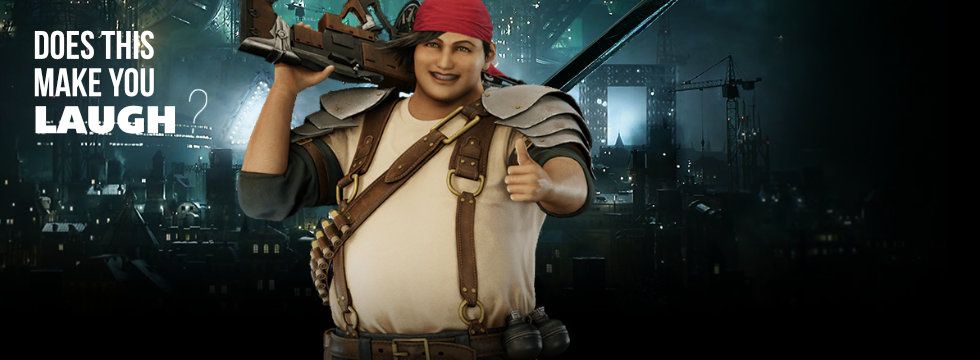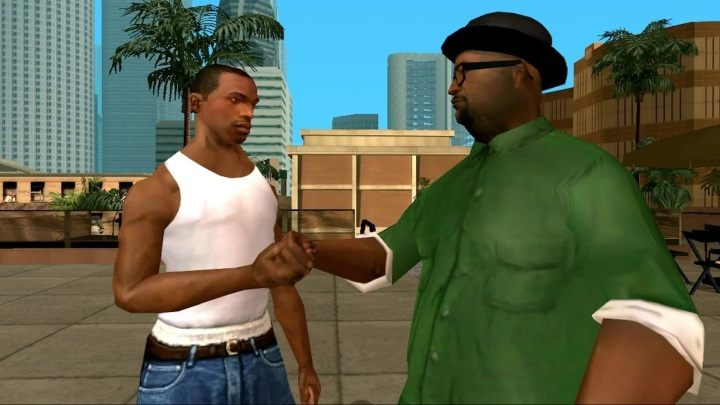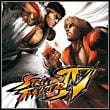All you had to do was.... Clichés of obesity in games

All you had to do was...
Sometimes, simplifications are welcome. Not every game has to offer a complicated, ambitious and challenging storyline, in which multidimensional characters face difficult moral choices. But it's even more certain – if I may say put it like this – that not every game has to portray obese people as a jesters or butterfingers, exerting absolutely no effort in character creation. Obese characters are, in most cases, created according to the same pattern and end up not only with identical character traits, but even in identical scenes. This harmful simplification not only perpetuates certain, close-minded ways of thinking, but can also lead to fat shaming, thus emanating outside the game, and creating serious, real-life problems. Without delving too much into the details, I will just explain that the term includes any activity that leads to ridicule and criticism of another person because of their above-average body weight.

Therefore, positive examples of going beyond the established patterns and schemes should be applauded and recognized. We should cherish characters that are slightly more complex and surprising than Rufus. We, again, have to use Rockstar as an example, which goes to show how important the studio is in defining the course for the entire industry.
Big Smoke from Grand Theft Auto: San Andreas loves to eat and leads an unhealthy lifestyle, but at the same time, he's not a guy whose entire existence revolves around hamburgers. He's a genuinely complex character with a huge plot-twist; he's characterized by personality traits that aren't exclusively associated with obesity. Sure, we all remember his "Two number 9s, a number 9 large, a number 6 with extra dip, a number 7, two number 45s, one with cheese, and a large soda," but that's merely one of his iconic moments. His corpulence certainly is a trademark of his, but at the same time, it isn't definitive – we learn about the character until the very end of the game. The first impression of Big Smoke is only a small part of the character's entire personality. And that's how it's supposed to be.
So, to paraphrase another classic catchphrase uttered by Big Smoke – all you have to do is do better.
The harmful representation of obesity is curious because it seems completely oblivious to the outside world. According to the WHO, the number of cases of obesity worldwide tripled since 1975. As of 2016, nearly two billion adults were overweight and the number of people struggling with obesity exceeded 600 million. According to the National Institutes of Health, obesity and overweight are the second leading cause of preventable death in the United States, close behind tobacco. You can assume many of these people play video games, so they constitute a significant portion of the audience.
It's also curious how people with obesity feel about playing obese characters.
Obese doesn't mean boring
The great advantage of games is that they offer such a wide spectrum of stories. They take us into different worlds, presenting different characters and different challenges. This diversity makes time fly, and we invariably look forward to more announcements and premieres. So it may be surprising that, with so much potential, many creators are gravitating to clichés, creating characters who "are obese in the same way."
And these characters shouldn't just be scored. We need to demand more from studios. It would be good for them to see beyond stereotypes, at least trying to surprise us. If, after the first contact with a character, we are able to predict their behavior and guess their significance, then someone was apparently not trying hard enough.
Of course, this is not about putting a protective umbrella over people with obesity. If the convention of a given game involves black humor, then sure – it's partially a free world, and creators can ultimately do as they please. There's no point gagging them. But the goal should be to change the proportions, so that there are more Big Smoke and fewer Rufuses. Wouldn't we all want games to be more ambitious, bringing more ambivalent and complex characters?




